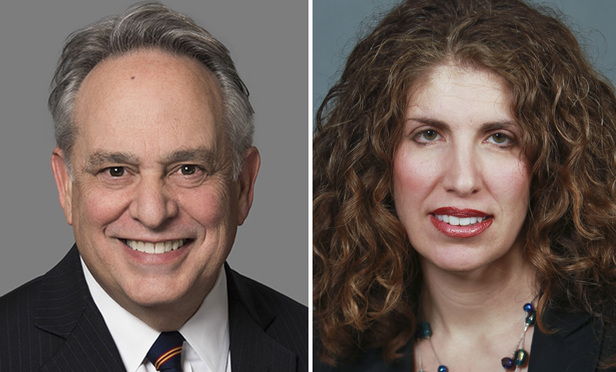The “switcheroo” between Bronx District Attorney Robert Johnson and former Appellate Division Associate Justice Darcel D. Clark no doubt has many people—lawyers included—scratching their heads. Putting aside the political aspects of these events, an explanation is in order.
Running for Judge. The first piece of the puzzle is a statutory provision that governs how New York Supreme Court justices are nominated.1 Unlike almost every other elective office in New York State, there are no primaries for this position. Instead, as has been the law since 1911, the established political parties select their candidates for the November ballot at judicial conventions. A candidate for the Supreme Court also has the option of running in the general election as an “independent” without the support of any party. Given the practical reality that only Democrats or Republicans win in November, however, the independent route is, for all intents and purposes, a dead end.2
This content has been archived. It is available through our partners, LexisNexis® and Bloomberg Law.
To view this content, please continue to their sites.
Not a Lexis Subscriber?
Subscribe Now
Not a Bloomberg Law Subscriber?
Subscribe Now
LexisNexis® and Bloomberg Law are third party online distributors of the broad collection of current and archived versions of ALM's legal news publications. LexisNexis® and Bloomberg Law customers are able to access and use ALM's content, including content from the National Law Journal, The American Lawyer, Legaltech News, The New York Law Journal, and Corporate Counsel, as well as other sources of legal information.
For questions call 1-877-256-2472 or contact us at [email protected]



